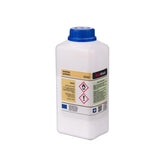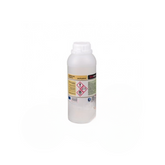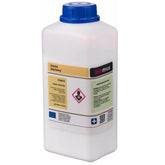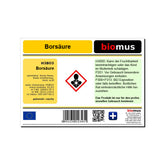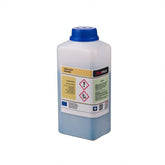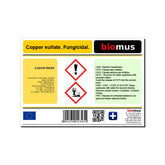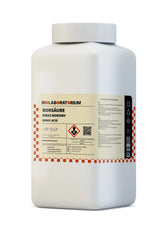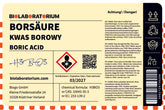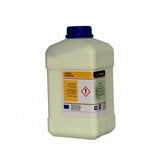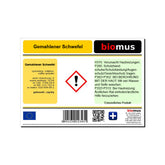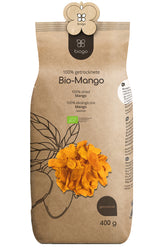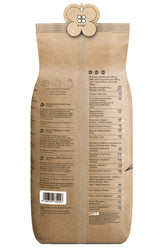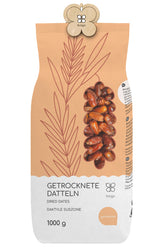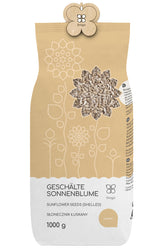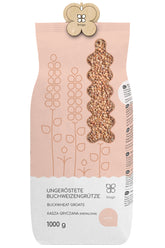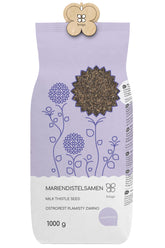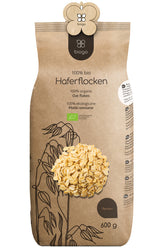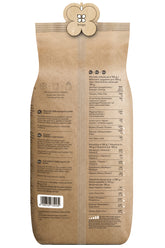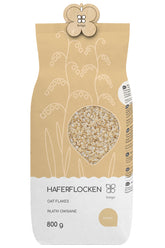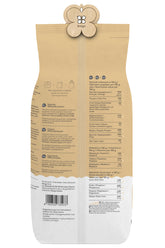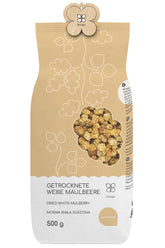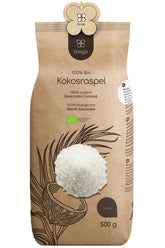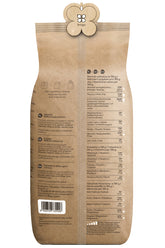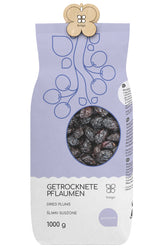Copper sulfate, also known as copper vitriol or blue stone, is a chemical substance used in many areas of horticulture and industry. This mineral has a variety of useful properties and applications that make it a valuable tool. In this blog post, we will take a closer look at the various uses of copper sulfate.
Copper sulfate in horticulture
In horticulture, copper sulfate is primarily known as a plant protection agent. It is often used to combat fungal diseases such as powdery mildew, fire blight, or leaf fall diseases. Due to its fungicidal effect, copper sulfate can protect plants from pests and thus increase yield.
Furthermore, copper sulfate is also used in soil improvement. If the soil has a copper deficiency, copper sulfate can be used as a fertilizer to balance the nutrient content. Copper sulfate is also an important component of the nutrient solution in hydroponics, as plants need copper for their development.
Another area of application for copper sulfate in horticulture is water treatment. It can be used in ponds and aquariums to combat algae and bacteria. However, it must be dosed very carefully, as copper sulfate can be toxic to aquatic animals at higher concentrations.
Use of copper sulfate in horticulture
The use of copper sulfate in horticulture requires some precautions. It is important to adhere to the correct dosage, as an overdose can cause damage to plants. In general, copper sulfate should only be used when necessary and after consulting with experts.
To combat fungal diseases, copper sulfate is mostly applied to plants in the form of spray solutions or powders. The concentration depends on the severity of the infestation and the sensitivity of the plant.
For soil improvement, copper sulfate is usually incorporated into the soil as a fertilizer. The amount depends on the copper content of the soil and should not be too high, as copper can also be harmful to plants in excessive concentrations.
In water treatment, copper sulfate is carefully dosed to combat algae and bacteria without endangering aquatic animals. It is important to follow the manufacturer's instructions precisely.
Copper sulfate in industry
Besides its use in horticulture, copper sulfate is also used in many industrial applications. Here, the chemical properties of the mineral are primarily utilized.
In metal processing, copper sulfate is used, for example, for surface treatment of metals. It serves as a mordant to prevent corrosion or to create a special patina.
Copper sulfate also plays an important role in water treatment. It can be used for sterilization and disinfection of drinking and utility water. Additionally, it is used in wastewater treatment to bind and precipitate heavy metals.
Another area of application is the textile industry. Here, copper sulfate is used as a coloring agent for dyeing processes. It also serves as a mordant to prepare fabrics for dyeing.
In agriculture, copper sulfate is used not only in horticulture but also in animal husbandry. For example, it is used as a feed additive to balance the copper levels in animals.
Safety aspects when using copper sulfate
Although copper sulfate is versatile, certain precautions must be taken when handling it. The mineral is toxic and can be harmful to health if swallowed, inhaled, or in contact with skin.
Therefore, it is important to always wear protective equipment such as gloves, safety goggles, and, if necessary, respirators when handling copper sulfate. Storage and disposal must also be carried out properly.
Furthermore, it is advisable to inform yourself about the applicable regulations and guidelines before using copper sulfate. In some countries and regions, the use of copper sulfate is subject to special regulations that must be followed.
Conclusion
Copper sulfate is a versatile mineral used in many areas of horticulture and industry. It serves as a plant protection agent, fertilizer, water purifier, and coloring agent. However, the correct dosage and safety aspects must always be observed.
Overall, copper sulfate offers many useful properties that make it a valuable tool. With the right application, it can make an important contribution to increasing yields, product quality, and environmental protection.


